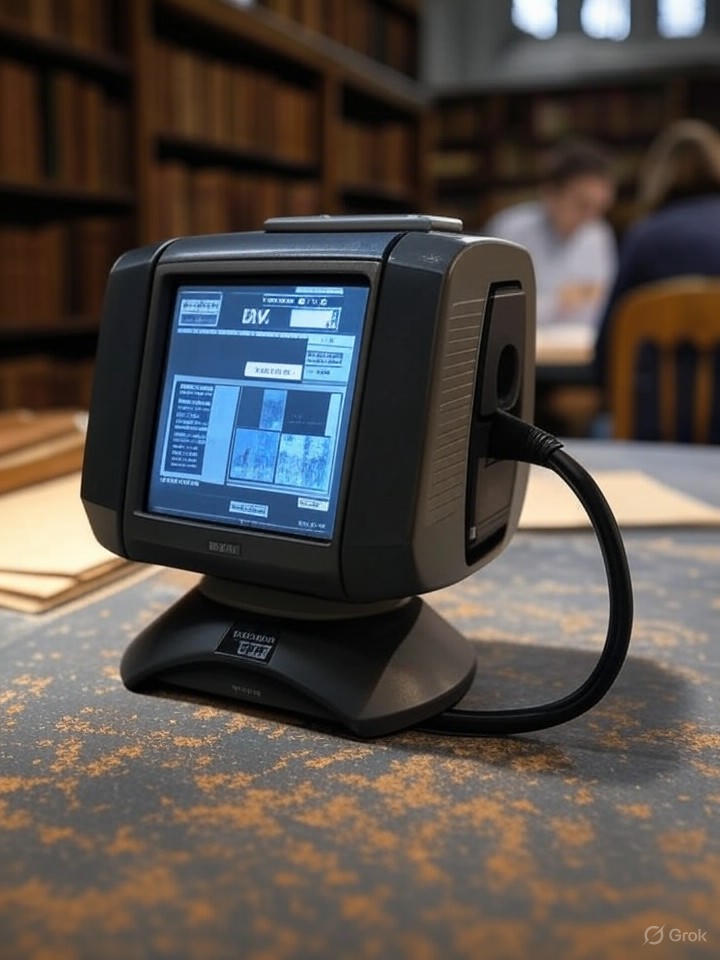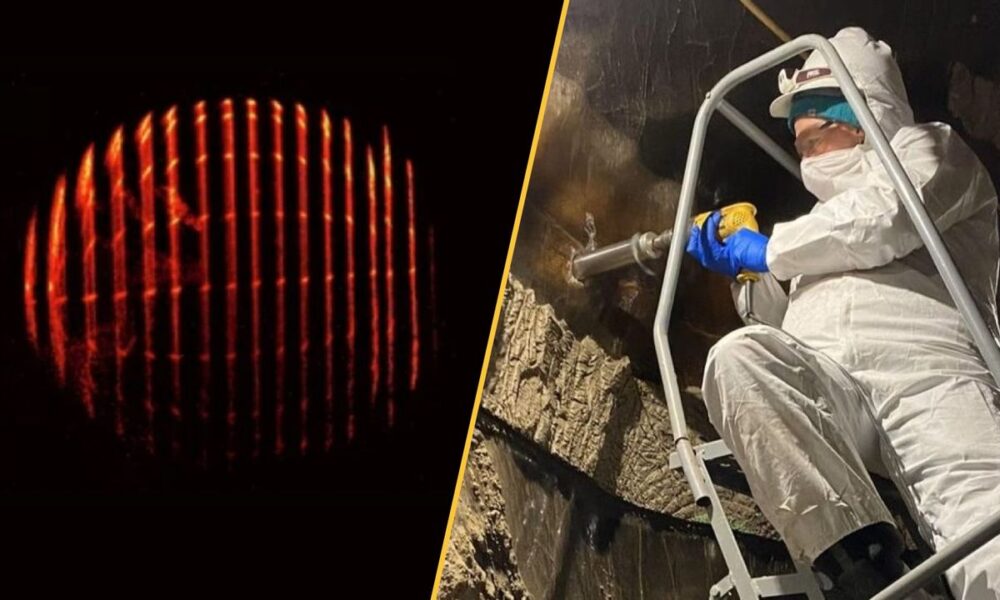In a unique event on October 9, 2023, Cambridge University Library hosted the inaugural Festival of Floppies, focusing on the preservation of floppy disks, a relic of the digital era. This initiative was part of the Future Nostalgia project, aiming to address the pressing issue of digital obsolescence. The festival assembled a diverse group of archivists, retro-computing enthusiasts, and conservation experts, all united in their mission to save the fragile legacy of these magnetic storage devices.
Attendees participated in hands-on workshops, learning how to image floppy disks using specialized tools such as the KryoFlux device. This technology captures raw magnetic flux data, ensuring the preservation of not only files but also the disks’ inherent structures. The event underscored the urgency of the situation: many floppy disks are now vulnerable to degradation from mold, dust, and magnetic decay, yet they contain irreplaceable cultural artifacts, including personal letters and early digital art.
Collaboration and Knowledge Sharing
The festival thrived on collaboration, attracting participants from various sectors including libraries, archives, and gaming communities. Speakers shared valuable insights on ethical considerations surrounding data recovery and innovative cleaning techniques for contaminated disks. A particularly engaging presentation addressed the challenges of non-standard formats, highlighting how the trial-and-error methods employed by retro-computing hobbyists are becoming increasingly valuable for professional archivists.
Practical sessions on disk imaging workflows were prominent throughout the day, emphasizing the need for standardized best practices in the field. According to a blog post from the Digital Preservation at Cambridge University Libraries, the festival fostered a sense of community, with attendees sharing stories of “disk disasters” and successful recoveries, including critical data from seemingly ruined media.
Technological Innovations and Future Implications
Technical demonstrations showcased advanced tools that exceed the capabilities of basic USB drives. The KryoFlux, for example, allows for bit-level imaging, generating precise digital replicas that can be analyzed and converted to modern formats. Participants explored software applications such as the HxC Floppy Emulator, which aids in accessing locked files by emulating old hardware environments.
Discussions also highlighted broader implications for digital heritage, particularly the environmental impact of preserving physical media versus migrating to cloud storage solutions. The festival celebrated floppy disks not merely as obsolete artifacts but as vital gateways to personal and cultural histories, with artistic installations reflecting the pixelated aesthetics of their time.
As the event concluded, it became clear that the Festival of Floppies serves as a model for future initiatives addressing what many refer to as a potential “digital dark age.” By documenting workflows and sharing resources, Cambridge aims to empower smaller institutions that may lack the specialized equipment necessary for preservation efforts.
Leontien Talboom, a key figure in Cambridge’s digital preservation team, noted in her blog post that the festival’s success stories included imaging disks from the library’s own collection, which housed unpublished manuscripts and early software prototypes. The event’s legacy extends into policy advocacy, promoting the need for increased funding and training in digital preservation to ensure today’s data does not become tomorrow’s lost history.
As floppy disks gradually fade into obscurity, the knowledge gained from this festival—merging nostalgia with cutting-edge technology—provides a blueprint for safeguarding our evolving digital heritage. It serves as a reminder that preservation is not only about memory but also about innovation, ensuring that our digital past remains accessible for future generations.







